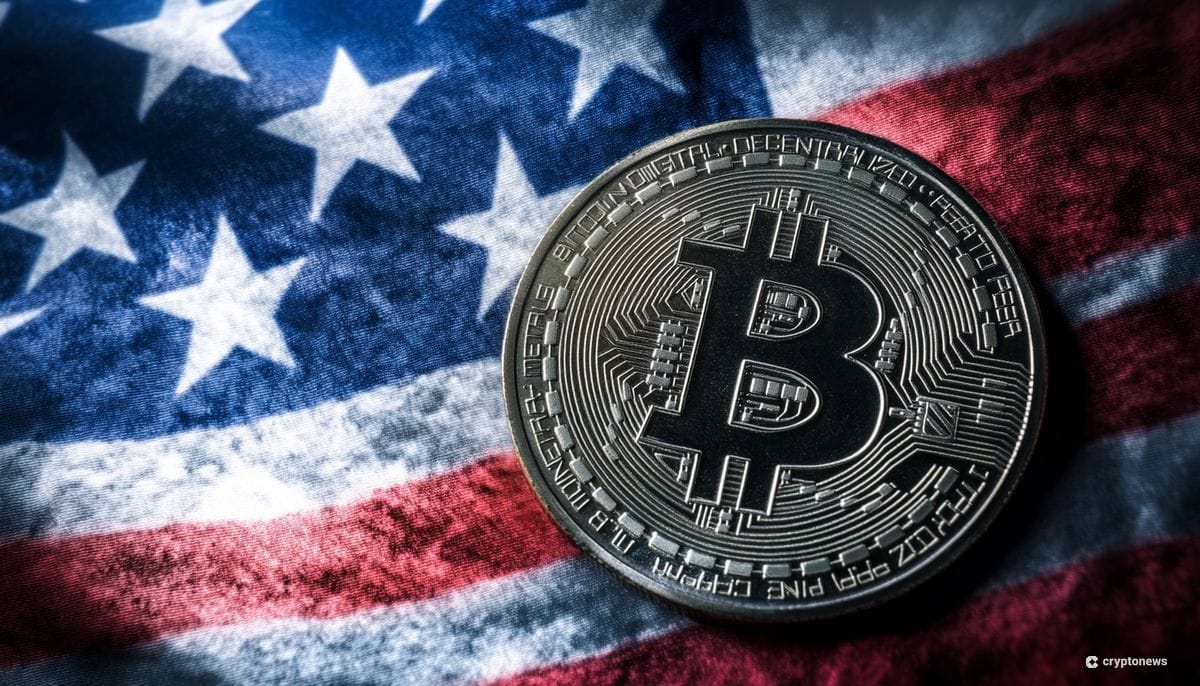New Dawn for Digital Assets?
Trump Presidential Victory Set to Provide Fertile Ground for Digital Assets to Flourish
Last week, the United States (US) went to the polls in arguably the most significant election of a generation, delivering a comprehensive victory for Donald Trump’s Republican party.
The impact of a Republican victory will be strongly felt in capital markets and more specifically, cryptocurrency markets, with Trump adopting an openly pro-crypto stance in comparison to his democratic party predecessors. In particular, Trump is seeking to create a more relaxed crypto regulatory environment by reducing capital gain taxes on cryptocurrencies, while also vowing to ease the regulatory burden on crypto by appointing a less restrictive chairman of the Securities and Exchange Commission (SEC) - current chairman Gary Gensler is an open critic of crypto and has sought to define cryptocurrencies as securities in order to bring them into regulatory alignment, even though they don’t, universally speaking, fulfill that definition.
Under the democrat administration, leading crypto exchange Binance received a $4.3 billion fine from US financial regulators for failure to adequately prevent money laundering, with chief executive Changpeng Zhao serving four months in prison earlier this year. Swathes of other industry names also faced lawsuits from US regulators under democratic rule, including Coinbase, Ripple and trading group Cumberland DRW.
However, a Trump administration is set to end any such hostility towards crypto service providers and provide fertile ground for the cryptocurrency industry flourish.
From an institutional standpoint, high on the priorities of the new Republican administration is the reformation of policies that dictate how custodian banks treat digital assets held on their balance sheets on behalf of customers.
In 2022 the SEC enforced the Staff Accounting Bulletin 121 (SAB 121) accounting rule, which requires banks and non-banks that perform custodial services to place digital assets (which includes cryptoassets) on their balance sheets. Custodians have to hold a commensurate asset on-balance sheet “at initial recognition” and at the same time the digital asset is custodied, despite the assets not belonging to the custodian. In contrast, the conventional method of securities accounting keeps custodied assets off a financial institution’s balance sheet.
On top of the SAB 121 requirements, the transition to the Basel III requirements from July 2025 will make a growing balance sheet even more costly for banks, with less capital available for lending activities. Ultimately, if a bank were to custody cryptoassets according to the SEC’s rules, the on-balance sheet rules would affect their other regulatory obligations such as their capital and liquidity requirements. As such banks and non-banks in the US are deterred from keeping cryptoassets in custody. Former President Joe Biden vetoed a repeal on this matter by congress in the summer. With Congress now on the brink of total Republican control, it is likely that the SAB 121 may be reformed and allow for greater involvement in crypto custodianship from large financial institutions. As a result, this could lead to greater maturation of the crypto industry in terms of infrastructure, while also deepening the integration of cryptoassets into the global financial system.
In addition, Trump has proposed the establishment of a Bitcoin strategic reserve, with the US government acquiring up to five per cent of Bitcoin’s total supply in order to ‘chip away’ at the country’s large national debt pile.
The price of Bitcoin, the largest cryptoasset by market capitalisation, rallied on the news of Trump’s Presidential victory.
In fact, last week, Bitcoin’s price surged its previous all-time high of $73,800, set in March 2024. At the time of writing, Bitcoin’s price is $86,800 and is now in full price discovery mode. Having just broken out of an eight-month range near previous all time highs, there is an expectation from market participants that its price will hit six figures and beyond, with optimism from Trump’s pro-crypto stance fuelling the upward momentum into next year.
However, there are concerns that a less stringent regulatory environment for cryptocurrencies could lead to a new ‘wild west’ environment being created, leading to more causes of fraud, money laundering and heightened counterparty risk. Without the influence of no-nonsense figureheads such as Gary Gensler in the SEC, the lines may again become blurred between what constitutes the definition of cryptoassets and other financial products, potentially leading to some cryptoasset activities slipping through the regulatory net and a lack of proper oversight.
Trump’s involvement with cryptocurrency may also prove ethically dubious.
Trump’s latest business venture, World Liberty Financial, is a project that has been described as a decentralised finance (DeFi) money market, or a platform where people can borrow, lend and earn interest on crypto.
An earlier white paper for the venture stated that it would feature a new cryptocurrency called $WLFI that would be sold to the public.
Trump announced the project on 16 September 2024 during a livestream on the X platform, accompanied by his son Donald Jr. and executives behind the venture, including Chase Herro and Zachary Folkman. World Liberty Financial officially launched the following month, only weeks before the election.
Trump’s involvement in the crypto project raises concerns regarding ethics now that he’s been reelected president. Conflicts of interest, including his influence on crypto regulation and the potential for market manipulation, could directly impact cryptocurrency — and his financial stake in it.
Nevertheless, the cryptoasset market seemingly finds itself at the dawn of new era, with Trump’s influence set to expedite the long institutional maturation journey that financial institutions currently face when it comes to embracing cryptoassets. With more emphasis being placed on cryptoassets than ever before, now may be an opportune moment for financial institutions to reassess their involvement in this proliferating asset class.
For further information, please do not hesitate to contact us at london@greyspark.com with any questions or comments you may have. We are always happy to elaborate on the wider implications of these headlines from our unique capital markets consultative perspective.


